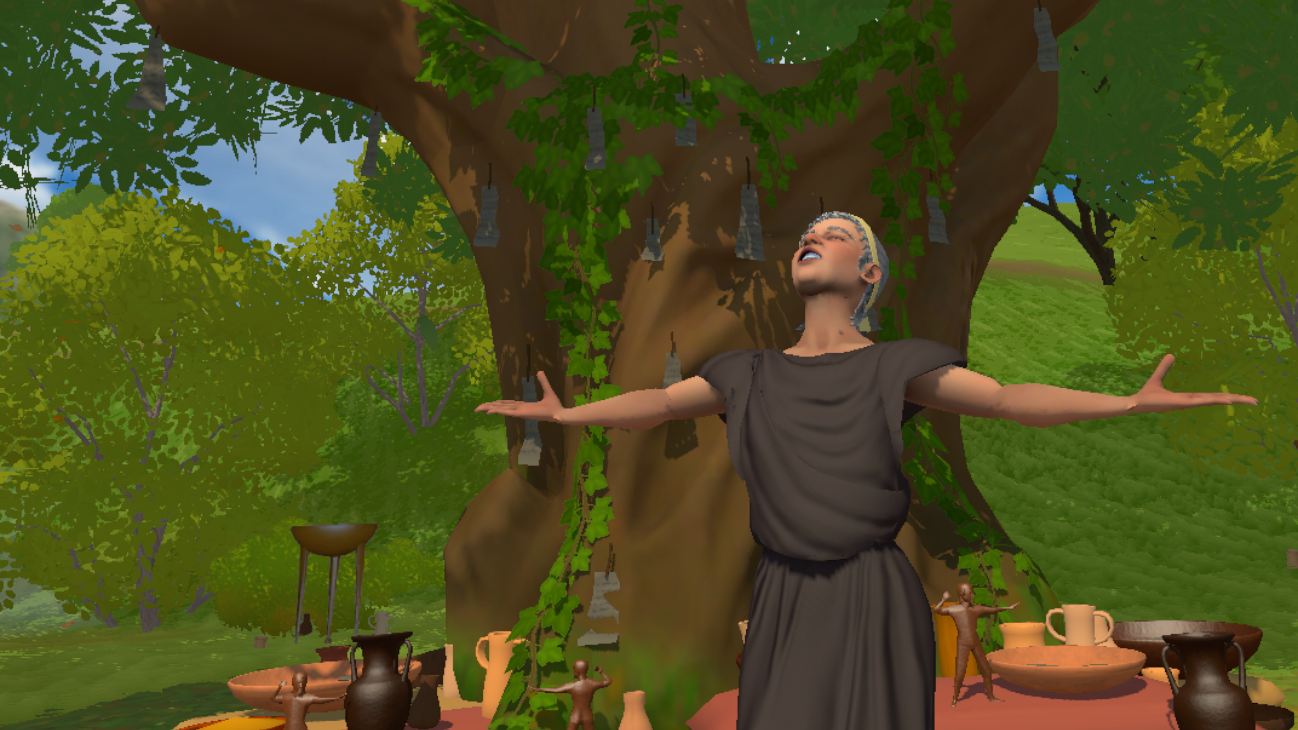
The Bristol Digital Game Lab hosted not one, but two game jams recently at the Bristol Digital Futures Institute. Both built on our toolkit around game jams as a research method and demonstrated the value of thinking with and through …

The Bristol Digital Game Lab hosted not one, but two game jams recently at the Bristol Digital Futures Institute. Both built on our toolkit around game jams as a research method and demonstrated the value of thinking with and through …

We were delighted to be part of the Bristol Festival of Tech, Creativity + Culture this year, where we took part in two games showcases. The first was at …

On Wednesday 24 September 2025 at part of the West of England Mayoral Combined Authority Growth Strategy Launch, the Bristol Digital Game Lab …

We are delighted to announce the launch of the MA Games Design (Narrative) programme at the University of Bristol, the first of its kind dedicated to training the next generation of narrative designers. The programme, directed by Dr Richard Cole…

In the following sound bite, recorded with Dr Sarah Jones as part of a series for the Humanities Learning and Teaching Network, Dr Richard Cole talks about his experiences using virtual …

As AI rapidly approaches ubiquity, what role should it play in the heritage sector? How might AI affect the museum experience? What might it do for the museum experience? These are the questions behind CultureQuest: an interactive, AI-powered ‘quest experience’ …

Conceived originally as an exclusive masterclass with award-winning Larian Studios, creators of Baldur’s Gate 3 (Game of the Year, 2023), the Bristol Digital Game Lab’s November 2025 workshop – Your Choices Matter: How Larian Writers Tell the Player’s Story …

This January, with the support of the Cabot Institute for the Environment Community Event Fund, Dr Lewis Alcott and Dr Richard Cole organized the “Can Games Teach? Games and the Environment” symposium. Bringing together industry experts and leading scholars alongside …

In June 2025, the Game Lab was invited to participate in Bristol Data Week, organized by the Jean Golding Institute. Data Week is a springtime platform pursuing research and interdisciplinary collaboration on the subject of data science and …

As one of the more recurrent projects supported by the Bristol Digital Game Lab, Antiquity Games Night, co-ordinated by Dr Richard Cole (Bristol) and Dr Alexander Vandewalle (Ghent), very much merits a retrospective. For going on two years, the pair …